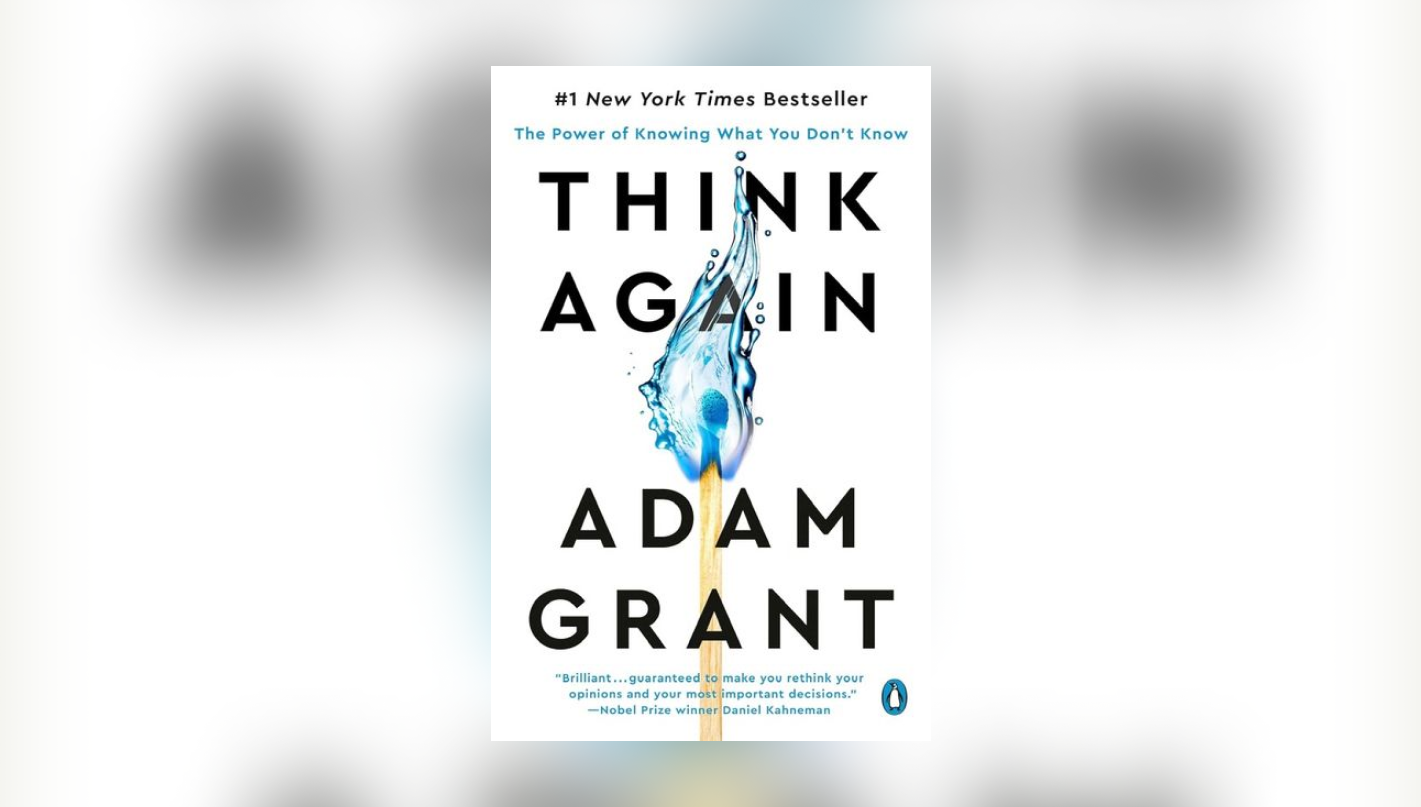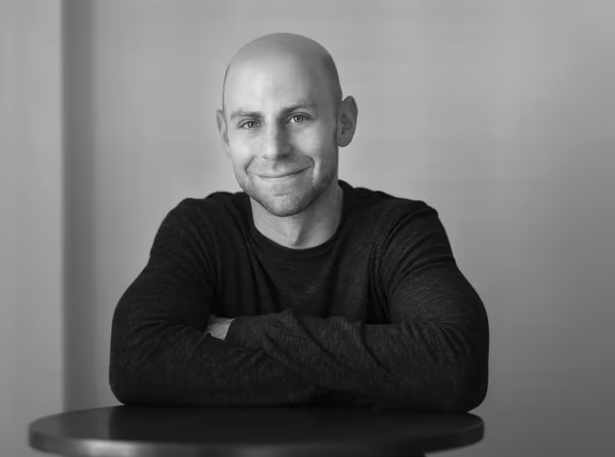When Your Beliefs Fall Apart
The importance of "rethinking"

I often share Paul Graham’s essays in the Heuton Letter, and one that really stood out was about distinguishing between perseverance and stubbornness. As I was reading it, Adam Grant’s book popped into my mind, so I thought I’d introduce it to you today.
I’m someone who tries to hold onto personal principles in various areas of life. I try a lot. But sometimes, those beliefs get shaken up—maybe because reality doesn’t match my expectations, or the world around me keeps changing.
In his book Think Again, Adam Grant emphasizes the importance of "rethinking." He argues that the things we believe to be true and the values we pursue can change at any moment, so we need to stay open-minded and willing to reassess our convictions.
Having a second opinion
Adam Grant points out that humans have a tendency to cling to their existing opinions and beliefs. But as time goes on and things change, those beliefs can become outdated. That’s why he advises us to always maintain a "second opinion." In other words, adopt a stance of, "I think A, but maybe it could be B."
We often fear changing our opinions or values. Studies show that the smarter people are (or those who think they are smart), the harder they find it to revise or refine their beliefs. Grant criticizes this attitude, saying:
"If you’re convinced that you know something well, there’s no reason to seek out errors or gaps in your own knowledge. So you don’t need to find new information or correct your existing knowledge."
According to Adam Grant, this tendency comes from our inherently fragile ego. When we try to see ourselves in a positive light or want to impress others, we end up denying our own weaknesses.
Confident humility
In the book, Grant compares arrogance and humility. Arrogance is about holding onto your values and opinions without questioning them. He writes:
"Arrogance is the combination of certainty and ignorance. While humility absorbs life’s experiences and transforms them into knowledge and wisdom, arrogance bounces off life’s experiences like a rubber shield."
That’s why we should always strive to remain humble. Generally, as people gain more experiences and knowledge, they tend to lose humility. But I believe the opposite—we should become even more humble. The more we learn, the more we realize how much we don’t know.
Adam Grant introduces the concept of "confident humility." This means being aware that you can be wrong at any time while still believing in your ability to find the right answers again. In other words, you recognize that your current beliefs might change, but you trust in your capacity to adapt and find the truth.
To achieve this, we need to learn new things and even listen openly to perspectives that contradict our own beliefs. This definitely takes us out of our comfort zones because having our beliefs shaken is uncomfortable. But to avoid falling into a narrow-minded and arrogant viewpoint, we must cultivate the confidence to willingly accept that "I don’t know."
Two types of separation
To practice "rethinking" as described in the book, Adam Grant suggests we need to make two types of separations:
1. Separating your present from your past: What makes this separation difficult is the obsession that your past and present selves must remain consistent. But as we gain experiences, learn more, and the world changes, it’s natural for us to evolve a bit. Grant quotes Ray Dalio:
"If someone doesn't think, 'Wow! I was so foolish a year ago,' then that person cleary hasn't learned much over the past year"
2. Separating Your Opinions from Your Identity: Most of us are used to defining ourselves by our beliefs, ideologies, or values. When we hold our opinions too sacred, we see any opposing views as hostile. We take rebuttals to our opinions as personal attacks.
However, Grant insists that we must clearly distinguish between the two. A person’s identity is defined not by what they believe, but by what they value. In other words, when we define ourselves by our core values rather than superficial opinions, we gain the flexibility to "rethink." Adam Grant states:
"Your values—the things you hold dear—are the core principles of your life. They might be excellence and generosity, freedom and fairness, or stability and integrity. When you anchor your identity in these kinds of principles rather than superficial opinions, you can fully open your mind to develop them further."
Conclusion
Having your beliefs about what is right shattered is truly painful. "What if what I thought was the right thing to do isn't?" "What if what I believed was wrong actually turns out to be right?" These experiences are always tough, making Adam Grant’s concept of "rethinking" seem easier said than done. Plus, changing your beliefs too quickly might make you feel like an indecisive person.
So, when your existing beliefs are shaken, I think it’s helpful to ponder whether it’s a temporary fluctuation or a fundamental shift. If it’s the former, just reacting in the short term might lead you astray in the long run.
One way to tell the difference is to have deep conversations with people who often grapple with similar dilemmas and to read good books. Through these processes, you can reassess your thoughts and appropriately adjust or refine them. Ultimately, the most important thing is to maintain an open mind with the confidence to accept that "it might be possible."
Have you ever experienced your long-held beliefs being shaken, leaving you feeling confused?
See you next week!
